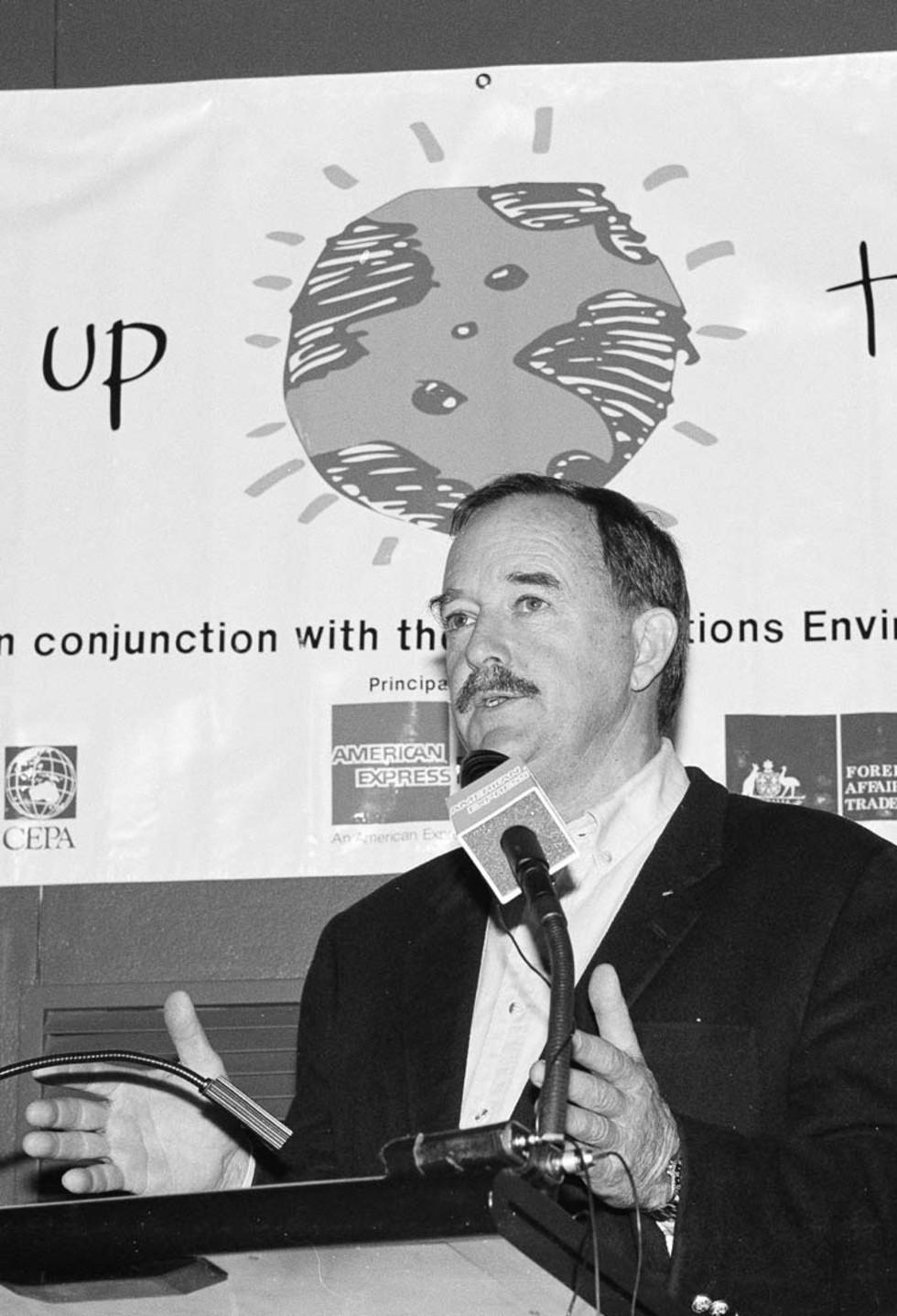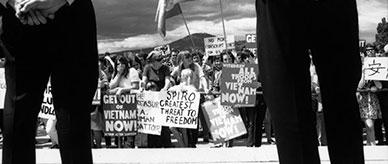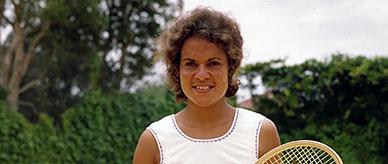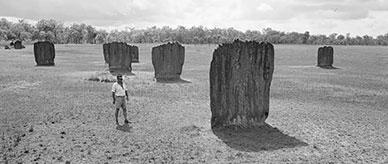


About this record
This black-and-white photograph shows Ian Kiernan, chairman of Clean up Australia and Clean up the World, speaking at a launch of the Clean up the World campaign. The banner behind Kiernan indicates the project is supported by the United Nations Environment Programme, the Australian Government and multinational corporations.
Educational value
- Ian Bruce Kiernan (1940–), Australian environmentalist, yachtsman and businessman, is the founder and spokesman for the Clean up Australia and Clean up the World campaigns. Kiernan has raised public awareness of pollution, particularly of the world's waterways. He has inspired millions of individuals and thousands of corporations to take practical action to clean up their local environments and, more recently, to tackle climate change.
- The 'clean up' initiatives were inspired by the amount of rubbish Kiernan saw in the world's oceans during the solo BOC Challenge around-the-world yacht race in 1986–87. He resolved to do something about it on his return, starting with a clean up of Sydney Harbour. With a committee of friends, Kiernan organised a local community event, Clean up Sydney Harbour, in January 1989. Around 40,000 volunteers cleaned 270 kilometres of harbour foreshore, removing 5000 tonnes of waste.
- The success of the first 'clean up' event sparked national interest in this practical community-based solution to environmental pollution. Kiernan organised the first Clean up Australia Day in January 1990. More than 300,000 Australians participated in cleaning up their local environments. Since then, Clean up Australia Days, Friday Schools Clean up Days and Business Clean ups take place annually.
- In 1991 the United Nations Environment Programme (UNEP) invited Kiernan and the Clean up Australia team to manage and promote a global Clean up the World campaign, which was first launched in September 1993. More than 30 million people in 80 countries took part in the first campaign. In 2007 an estimated 35 million people from 120 countries participated, taking to the streets, beaches, river banks and parks to clean and conserve their local environments.
- Kiernan was born in Sydney and grew up learning to swim, fish and sail on Sydney Harbour. He was particularly keen about boats and, at the age of 15, saved up enough money to buy a sailing dinghy and began sailing competitively. Kiernan built his first boat at age 16 and has continued to sail competitively throughout his life, representing Australia at the Admiral's, Southern Cross, Dunhill, Clipper, Kenwood and Trans Pacific Cup competitions.
- Kiernan continues to be a leading advocate on environmental issues and to participate in a range of international, national and local environmental projects. He has won a range of awards, including the Order of Australia Medal (1991), UNEP Global 500 Laureate Award (1993), Australian of the Year (1994), Centenary Medal (2001) and Honorary Doctorate of Science from the University of New Wales (2006).
Acknowledgments
Learning resource text © Education Services Australia Limited and the National Archives of Australia 2010.
Related themes
Need help with your research?
Learn how to interpret primary sources, use our collection and more.



